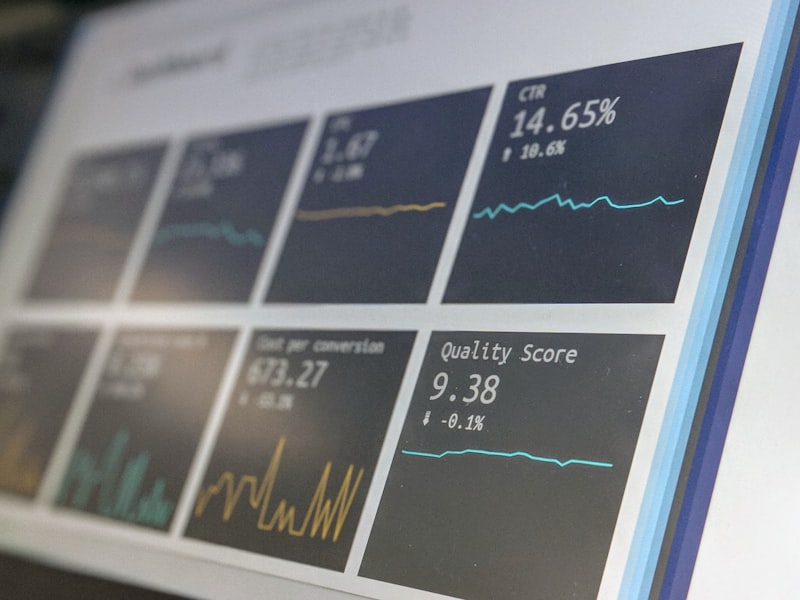Data-Driven Risk Management: The Future is Here
The era of reactive risk management waiting for a crisis to occur before formulating a response is officially over.
Read MoreDecember 18, 2023
Modern border security encompasses a comprehensive approach to managing and safeguarding a country's borders, employing a range of physical, technological, and human resources to protect against unauthorized entry, illegal activities, and threats to national security. The essential components of modern border security can be broadly categorized into four main areas:
This includes physical barriers, such as fences, walls, and surveillance towers, to deter and prevent unauthorized crossings. Additionally, it involves establishing border control checkpoints at strategic locations, such as airports, seaports, and land crossings, to facilitate legitimate travel and conduct border inspections.
Modern border security relies heavily on advanced technologies to enhance surveillance, detection, and identification capabilities. This includes:
Border security personnel, including border patrol agents, customs officers, and immigration inspectors, play a crucial role in enforcing border regulations, conducting inspections, and investigating potential threats. They require comprehensive training in border security procedures, law enforcement techniques, and the use of technology.
Effective border security extends beyond national borders and requires collaboration with neighboring countries and international organizations. This involves sharing intelligence, coordinating border security strategies, and addressing cross-border threats.
In summary, modern border security is a multifaceted endeavor that requires a combination of physical infrastructure, technological advancements, well-trained personnel, and international cooperation to safeguard a country's borders and ensure the safety and security of its citizens.

Security Consulting
The era of reactive risk management waiting for a crisis to occur before formulating a response is officially over.
Read More
Security Consulting
For businesses in Nigeria and across the globe, understanding and mitigating physical risks has never been more critical.
Read More
Protective Intelligence
Should ordinary citizens take up arms to defend themselves? On the surface, it seems a simple, visceral answer to a complex problem.
Read More